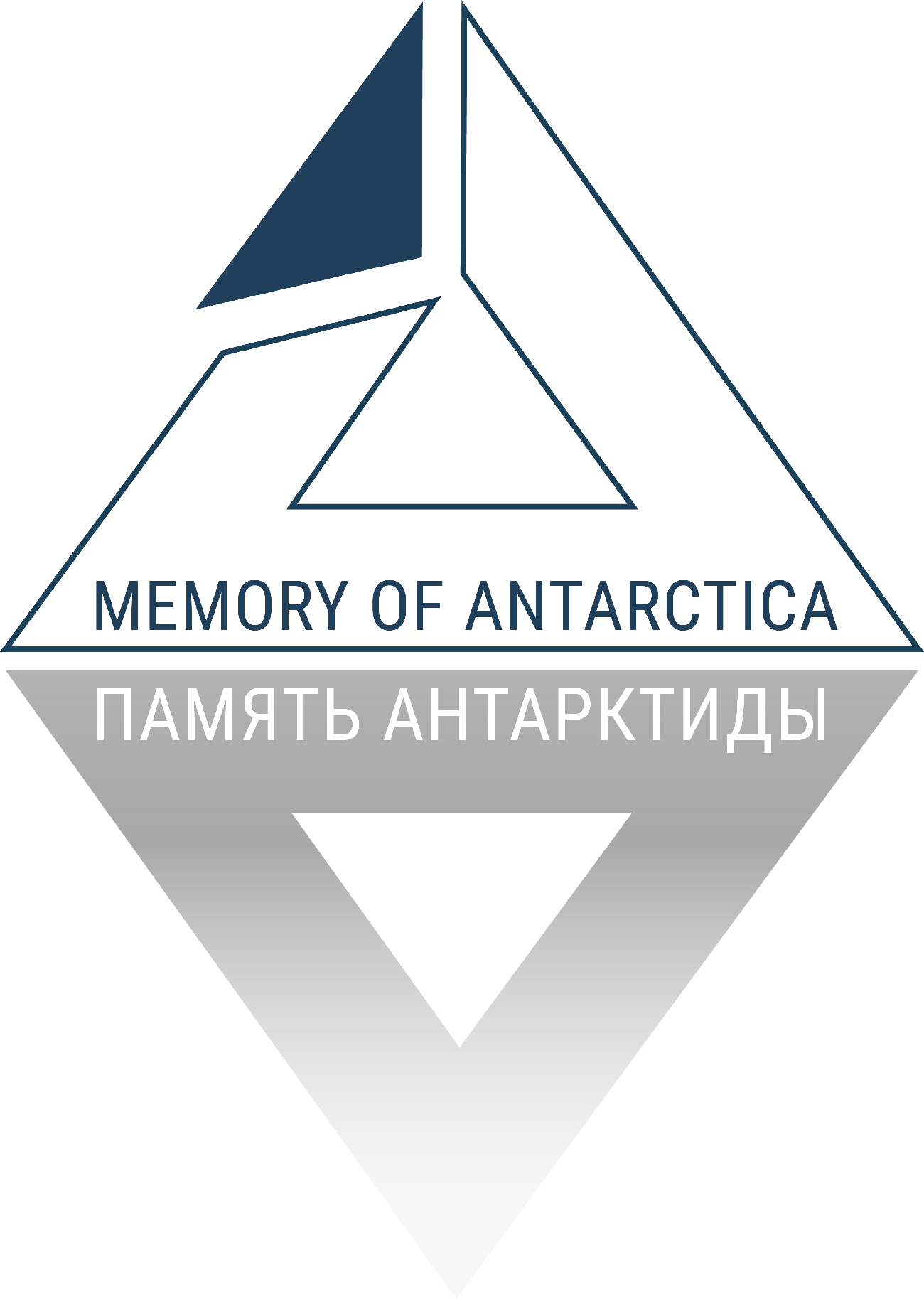Belolikov Anatoly
03.08.1960
1960. New buildings on piles had not been set up at Mirny by that time, so the station was buried under snow. Special passages with stairways were made as a way to reach the outer world.
In the early hours of August 3, a circuit breaker turned off at the diesel power plant. The shift mechanic assumed something had happened at one of the facilities and started calling all the buildings. Oscar Grigorievich Krichak answered the phone at the meteorology house and uttered just one word: ‘Burning!’ After that, they could not get in touch with the meteo-house again.
That night, a storm was raging at Mirny. The wind would reach 55 m per second. It is barely humanly possible to move in such weather. The whole station was raised upon alarm, but the explorers could do nothing while the storm lasted.
When they finally got to the meteo-house, they saw yellow flames blazing at the entrance and black smoke billowing from the aerological tower 30 m away from the building. (The tower was connected to the house via an undersnow tunnel.) It was too late.
The reason for the fire in the meteorology building was never discovered. A working theory is that there was a short circuit. There were 8 people from the meteorology group in the house; Oscar Krichak, the famous synoptic, was the leader. He was also a musician, composer and the life and soul of any party.
Two of the people then present in the meteo-house had spent 100 days in a tent on ice, in extreme conditions, and returned to Mirny just the day before.
There were two foreigners among the deceased – a German and a Czech. The latter, Oldřich Kostka, was the head of the Czechoslovakian aerological service. It was his first Antarctic expedition.
Suddenly awakened by the fire that was getting close, the explorers tried to find safety under beds and got gas-poisoning. The German Christian Popp was found on top of a briefcase full of documents. He was shielding 6-months worth of results of scientific observation from the flames. That unique information was procured by pioneers in the Antarctic regions no man had reached before.
His son Christian Popp Jr. said: ‘My Dad became a soldier at 16. He served in the Luftwaffe; they would shoot down aircrafts in the sky over Germany. In the beginning of 1945 my father got a head wound. Final battles were fought in Potsdam, and he found himself in the field hospital. When Soviet soldiers came and surrounded the infirmary, the wounded surrendered. Dad was one of the people who walked out with the white flag. This is how it looked, according to stories I’ve heard: the first two came out and were shot on sight. My father was next. But they did not shoot him.’
Just 15 years after the war, all those yesterday boys, who were quite young and had fought as enemies, would be brought together. They would winter at the same polar station bearing the symbolic name of Mirny (Peaceful).
In the early hours of August 3, a circuit breaker turned off at the diesel power plant. The shift mechanic assumed something had happened at one of the facilities and started calling all the buildings. Oscar Grigorievich Krichak answered the phone at the meteorology house and uttered just one word: ‘Burning!’ After that, they could not get in touch with the meteo-house again.
That night, a storm was raging at Mirny. The wind would reach 55 m per second. It is barely humanly possible to move in such weather. The whole station was raised upon alarm, but the explorers could do nothing while the storm lasted.
When they finally got to the meteo-house, they saw yellow flames blazing at the entrance and black smoke billowing from the aerological tower 30 m away from the building. (The tower was connected to the house via an undersnow tunnel.) It was too late.
The reason for the fire in the meteorology building was never discovered. A working theory is that there was a short circuit. There were 8 people from the meteorology group in the house; Oscar Krichak, the famous synoptic, was the leader. He was also a musician, composer and the life and soul of any party.
Two of the people then present in the meteo-house had spent 100 days in a tent on ice, in extreme conditions, and returned to Mirny just the day before.
There were two foreigners among the deceased – a German and a Czech. The latter, Oldřich Kostka, was the head of the Czechoslovakian aerological service. It was his first Antarctic expedition.
Suddenly awakened by the fire that was getting close, the explorers tried to find safety under beds and got gas-poisoning. The German Christian Popp was found on top of a briefcase full of documents. He was shielding 6-months worth of results of scientific observation from the flames. That unique information was procured by pioneers in the Antarctic regions no man had reached before.
His son Christian Popp Jr. said: ‘My Dad became a soldier at 16. He served in the Luftwaffe; they would shoot down aircrafts in the sky over Germany. In the beginning of 1945 my father got a head wound. Final battles were fought in Potsdam, and he found himself in the field hospital. When Soviet soldiers came and surrounded the infirmary, the wounded surrendered. Dad was one of the people who walked out with the white flag. This is how it looked, according to stories I’ve heard: the first two came out and were shot on sight. My father was next. But they did not shoot him.’
Just 15 years after the war, all those yesterday boys, who were quite young and had fought as enemies, would be brought together. They would winter at the same polar station bearing the symbolic name of Mirny (Peaceful).
Family's archive photos


